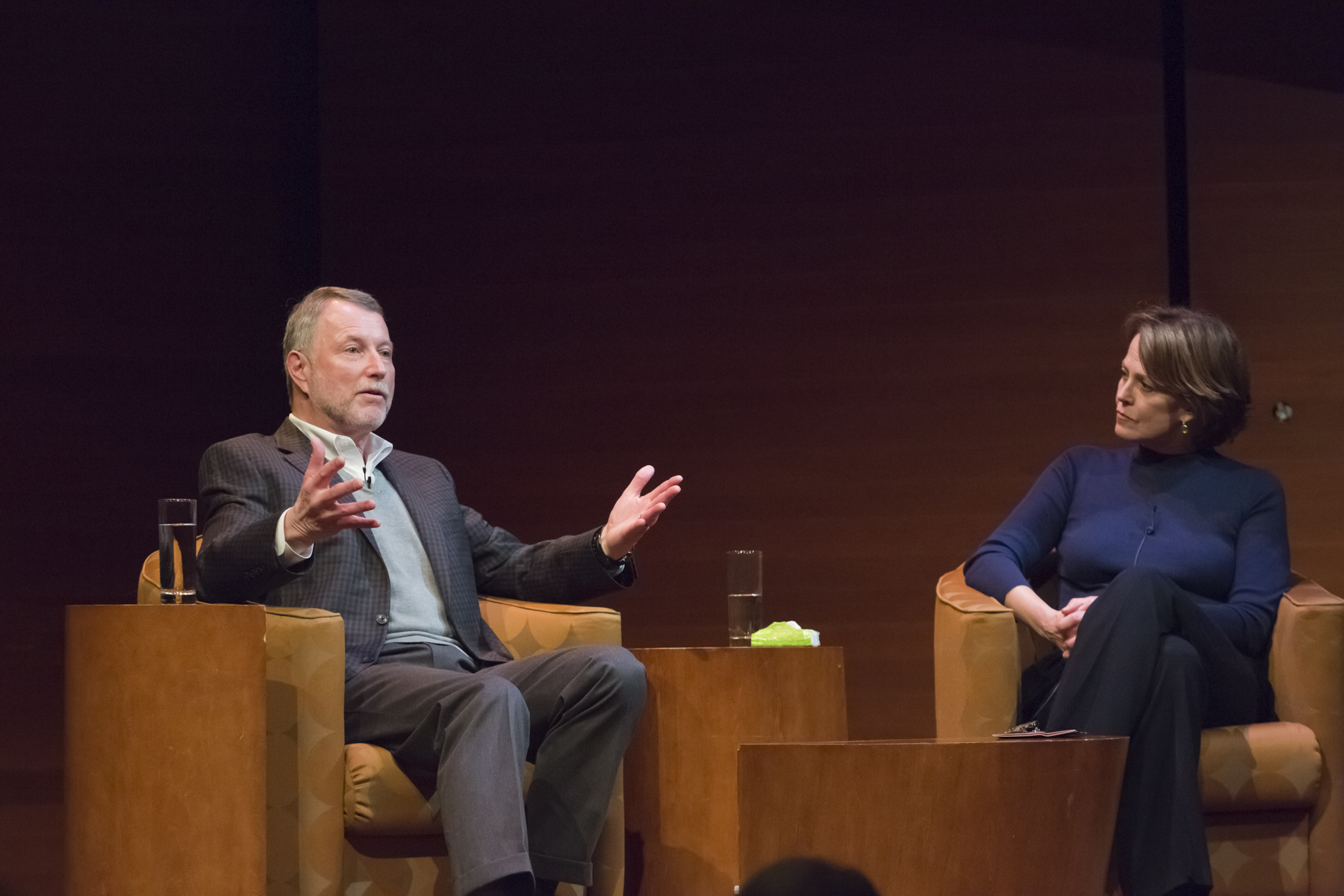
Last month, we kicked off Brainwave 2016: Emotion and speakers from all walks of life have been stepping on the Rubin stage to explore human emotions and how they play a role in our lives. As we look forward to upcoming talks in March and April, let’s look back at some of the most surprising moments from our Brainwave talks so far:
1) “Our bodies are built for empathy”
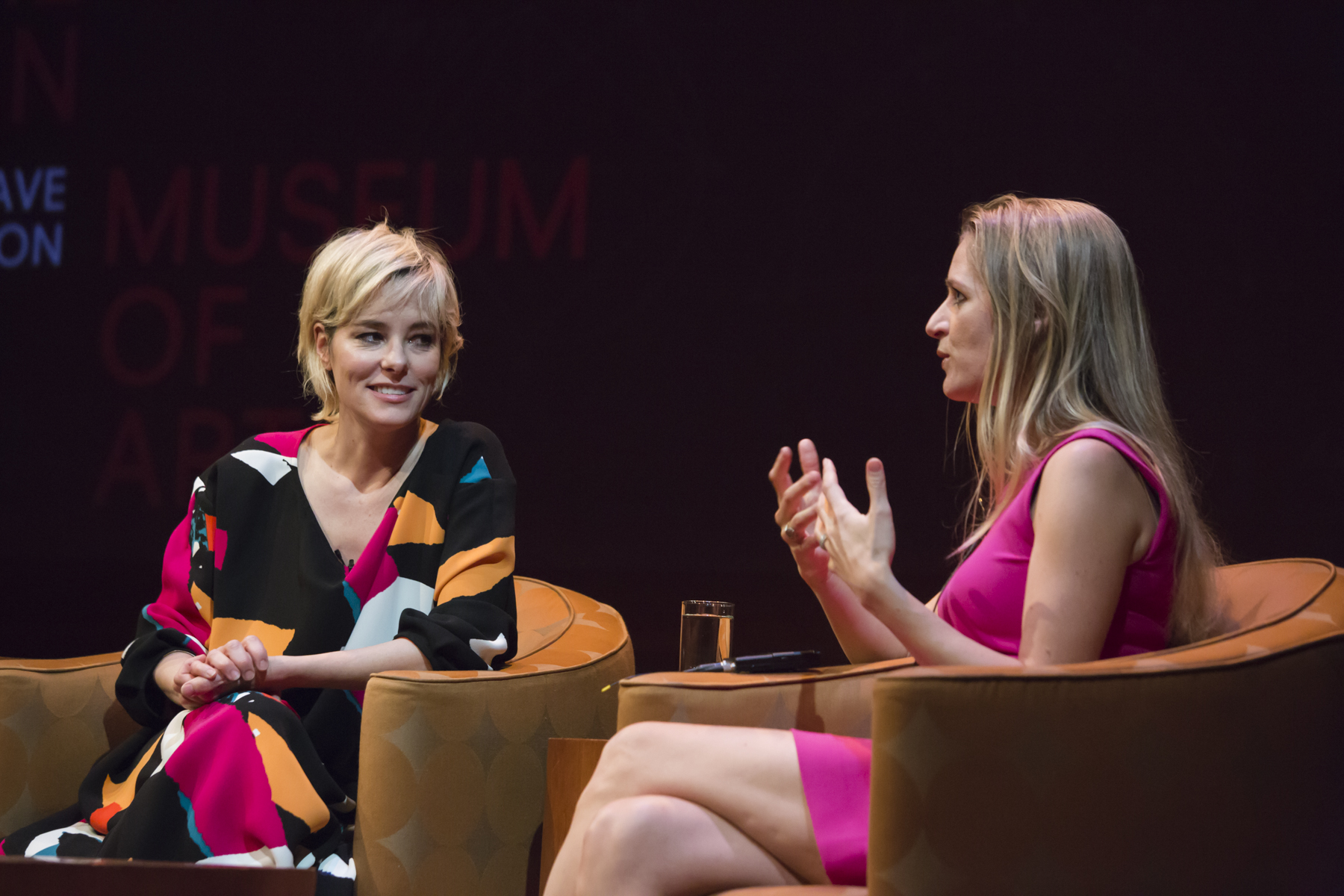
According to psychologist and author Emma Seppälä, “the greatest fulfillment we can feel comes from connections with other people.” During Seppälä’s program with actress Parker Posey, the psychologist pushed back against the common opinion that it’s a dog eat dog world. Seppälä asserted that the desire to bring down others is not a natural instinct. In fact, both humans and animals have a “compassionate instinct.”
2) Happiness means being in the moment.
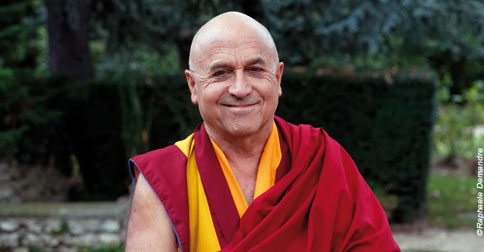
Emma Seppälä also revealed that we are happiest when we are in the present moment, even if we are doing something that we aren’t particularly enjoying. Monks are known to be particularly adept at finding happiness, and their meditation practice is a contributing factor. After being the subject of intensive clinical tests at the University of Wisconsin, scientists have declared the Buddhist monk Matthieu Ricard to be the world’s happiest man.
3) “Autism isn’t all gloom and doom”
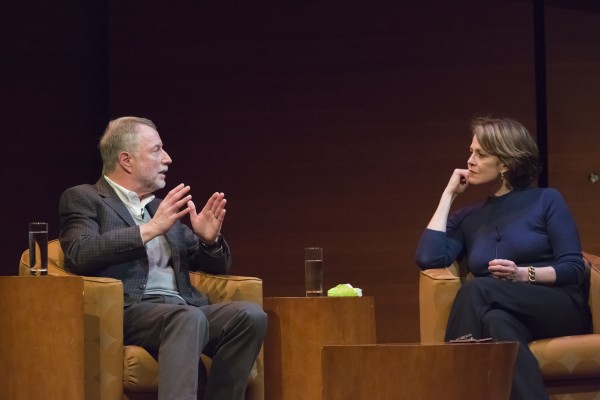
Most discussions about autism focus on the detriments of the condition, but the on-stage conversation between actress Sigourney Weaver and neuropsychologist David Amaral covered some of the positive aspects of an autism diagnosis and the special gifts that autistic individuals can possess.
During the discussion, Amaral brought up the example of autistic artist, Chris Murray, who demonstrates his incredible attention to detail in his meticulous multi-media renderings of New York City buildings, and Weaver spoke about her experiences with Ros Blackburn, the high-functioning autistic woman who helped the actress prepare for her role as Linda in the movie Snowcake. While the actress discovered the truly debilitating and challenging aspects of autism through her research, she also found something rather beautiful: “And where they go in their brains”¦ I don’t know where she goes when she plays for two hours, but it completely replenishes her. I feel like she goes to some waterfall of experience and fills up. Neurotypical people don’t know how to do half of the things she does to make her happy. There’s so much we can learn from people like Ros.”
4) Genetics play a role in politics
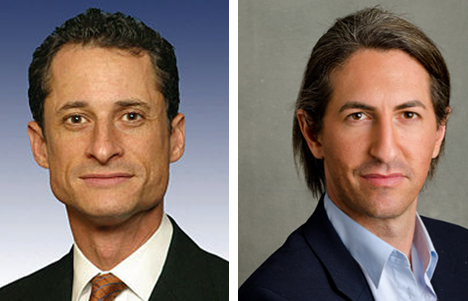
In a discussion of emotions and politics with former U.S. representative Anthony Weiner, neuroscientist Moran Cerf cited a study that shows you can distinguish a conservative and a liberal person by their brains. The expert noted that the conservative brain shows that choices are often driven by feelings, while a liberal brain shows activity in areas that correlate to being able to change their minds faster. “Knowing this information gives you the ability to help articulate a point with different parties,” said the expert. “All this hard work, and it just means you need to find the people with the right chromosome and talk to them.”
Additionally, the audience learned that genes influence not only in how a person votes, but if they are likely to go out and vote at all!
5) Love is a drive like thirst and hunger
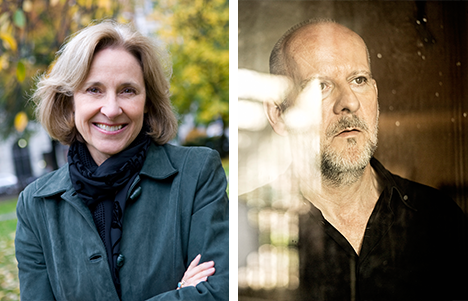
“The god of love lives in a state of need. It is a need. It is an urge. It is a homeostatic imbalance. Like hunger and thirst, it’s almost impossible to stamp out.” ““ Plato
During the Brainwave talk on Fickle Love, love expert and anthropologist Helen Fisher and philosopher Simon Critchley discussed the biology of love. Helen Fisher says that love is “basically a drive. It’s in the brain right next to the regions for thirst and hunger.”
Genetics, in addition to being a factor in the way we lean politically, also play a role in who we choose to love. We learned from Fisher that there are four broad styles of thinking and behaving, each associated with a different brain system. To what degree you express these traits can help determine your personality signature and have an effect on who you are attracted to and work well with. Fisher, the Chief Scientific Advisor for Chemistry.com and Match.com, has developed quizzes to help determine potential mates for members of the sites. Try a quiz for yourself.
6) “New technology can’t ruin love.”
During Helen Fisher and Simon Critchley’s Brainwave talk on Fickle Love, Fisher asserted that online dating does not change the way we court one another. “This isn’t a dating service; it’s an introductory service,” Fisher told the audience. She says that while online introducing might be a new way of finding a mate, the actual selection process happens as naturally as it always has—through face-to-face interactions. Sites like Match.com aid in the process by narrowing down choices for us, but it is ultimately up to you to “let your ancient brain do its thing.”
7) Serendipity is a key factor in creativity and inventiveness

During the Brainwave talk on Invention and Inspiration, writer and researcher Pagan Kennedy told the audience that many of mankind’s greatest inventions have been the result of “serendipitous situations” and not corporate engineering labs. We learned that when researchers asked thousands of inventors how they originated their ideas, they found that “50% of patents came from accidents, mistakes, and failed projects.” Kennedy added, “we tend to think of it as all happening in our heads, but most inventors describe some sort of interaction”¦like they heard a weird sound or they had some goo lying around and wondered what it was good for?”
Ready to be surprised by more speakers and scientific discoveries? Brainwave 2016: Emotion continues through the Spring!View upcoming Brainwave programs.

